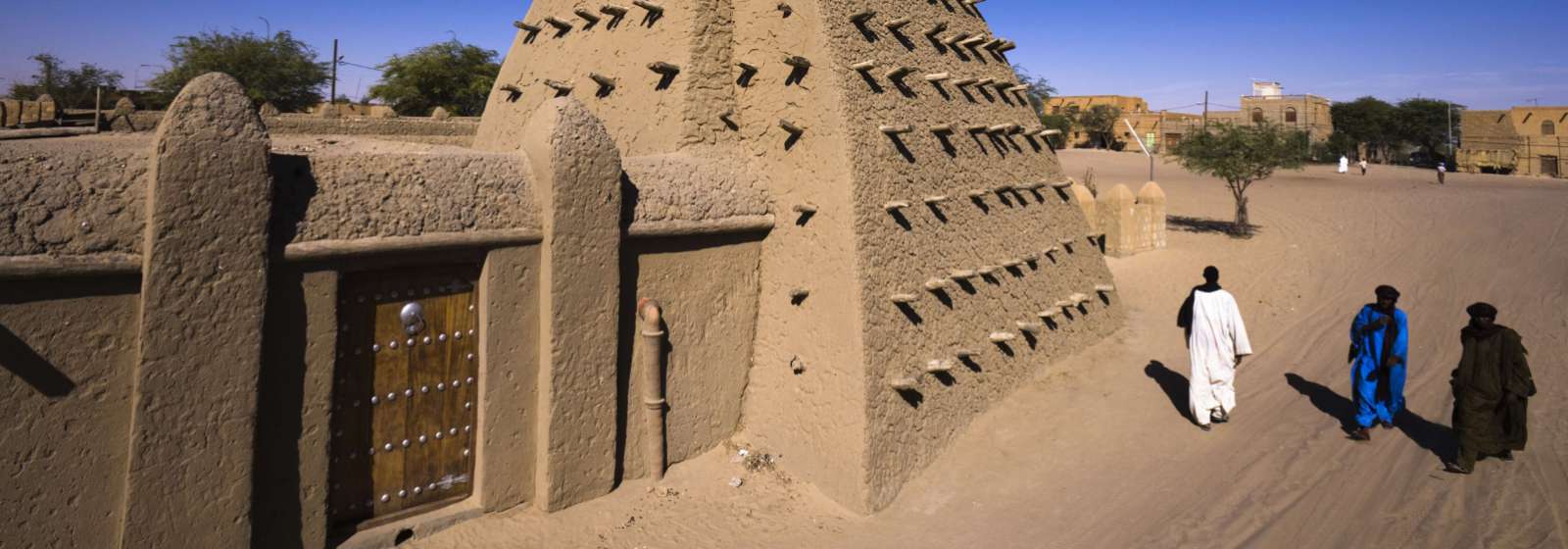
Protection of cultural heritage
For the ICC, attacks against cultural and religious structures are more than attacks on bricks and mortar.
Historical sites often face an uncertain future during conflict, but under the Rome Statute, one thing is clear: an intentionally directed attack against historical monuments or buildings dedicated to religion constitutes a war crime.
The 2016 verdict against Islamist rebel Ahmad al-Faqi al-Mahdi for his involvement in attacks against nine UNESCO-protected religious monuments in Timbuktu, Mali was the first ICC conviction for this particular conduct – and an important step in the international community’s understanding of it as a war crime.
Noting the ICC judgment, the UN Security Council (UNSC) in 2017 adopted a resolution affirming that perpetrators of unlawful destruction of cultural heritage could be prosecuted for war crimes.
The ICC conviction and UNSC resolution have put states on notice: that the intentional destruction of cultural property is a very real trend in conflict, and that international efforts will need states’ will and cooperation to protect our cultural heritage and the identity we attach to it.
